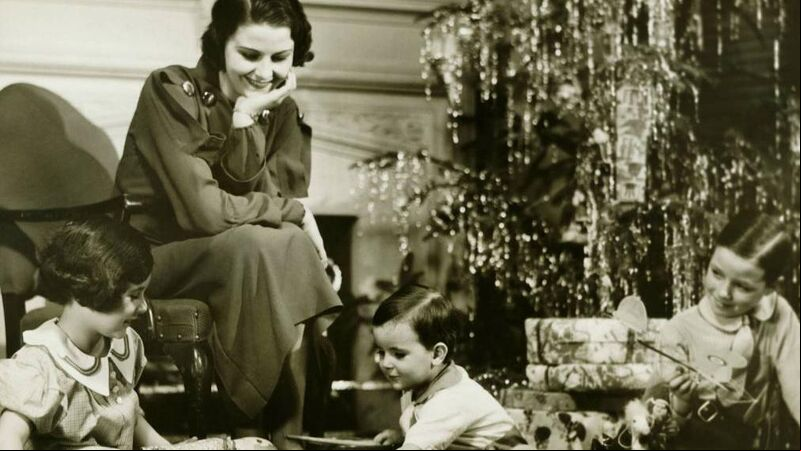Cork Views: My salute to the real housewives of bygone Ireland

Irish housewives were climate champions, mentors, and psychologists rolled into one, says Dr Conlon
Ban social media for under 16s.
Commit to active travel to make towns and cities safe for kids to cycle and walk across without any concerns for their safety.
Offer mothers the financial wherewithal to be able to stay at home with their families if they so choose.







 App?
App?




